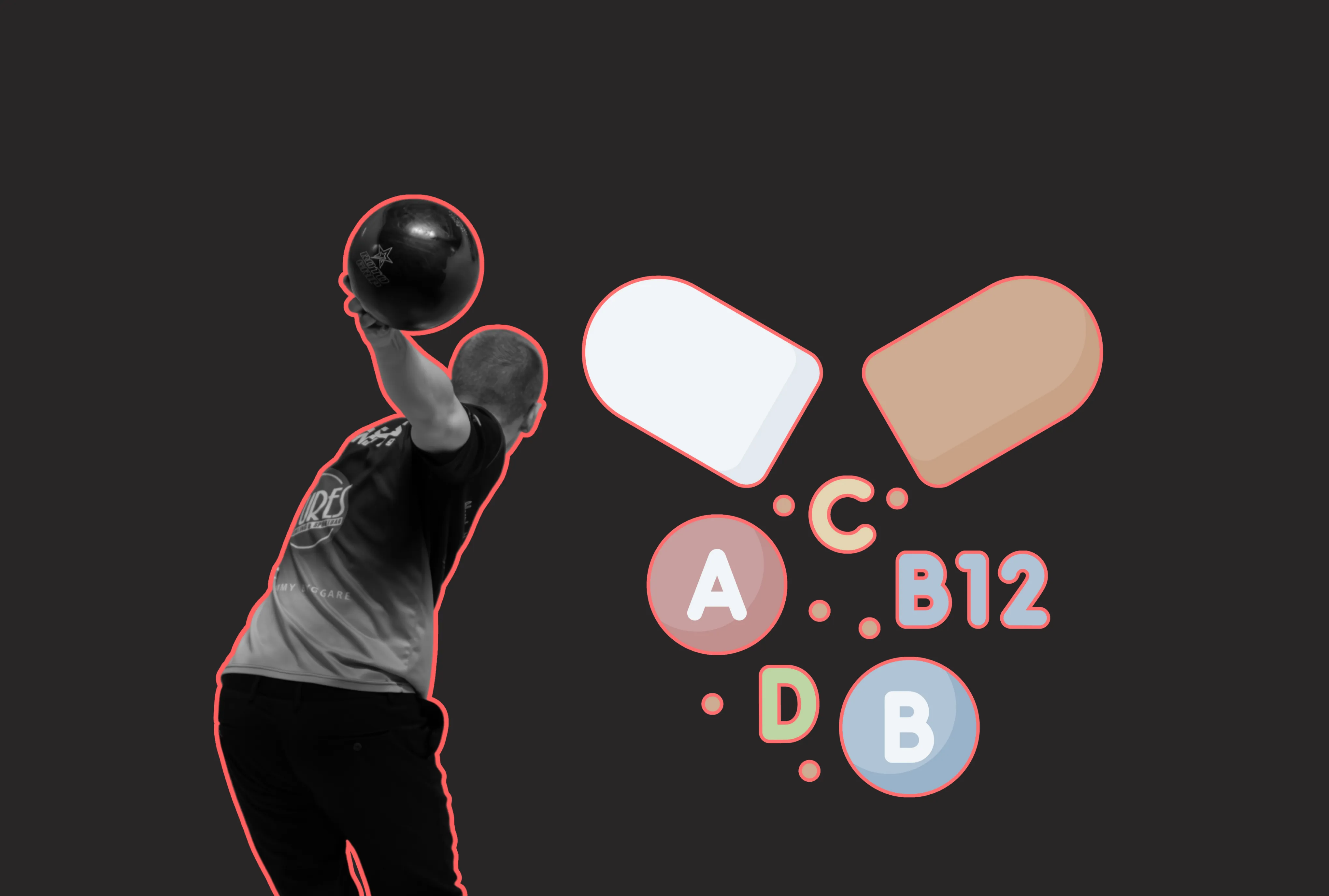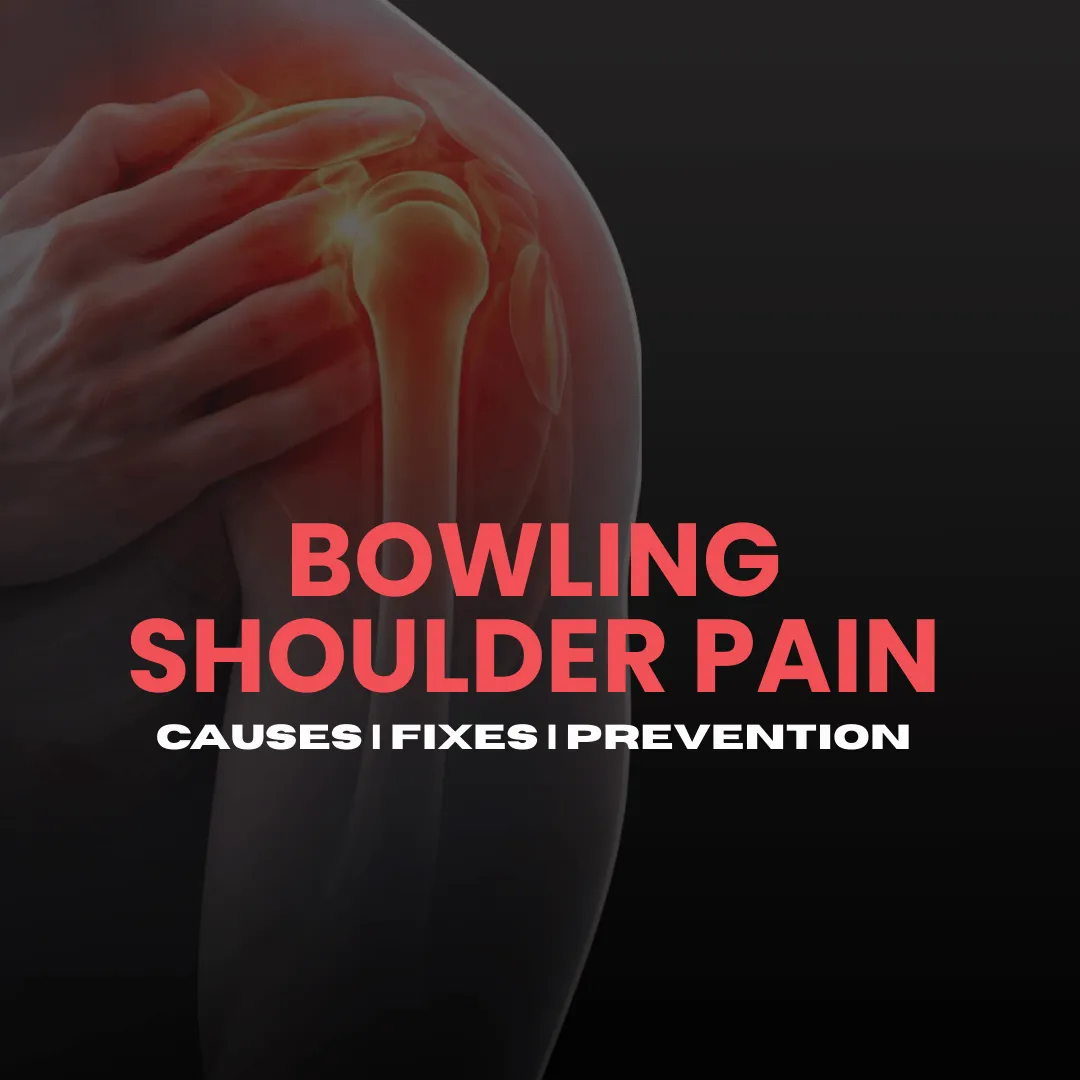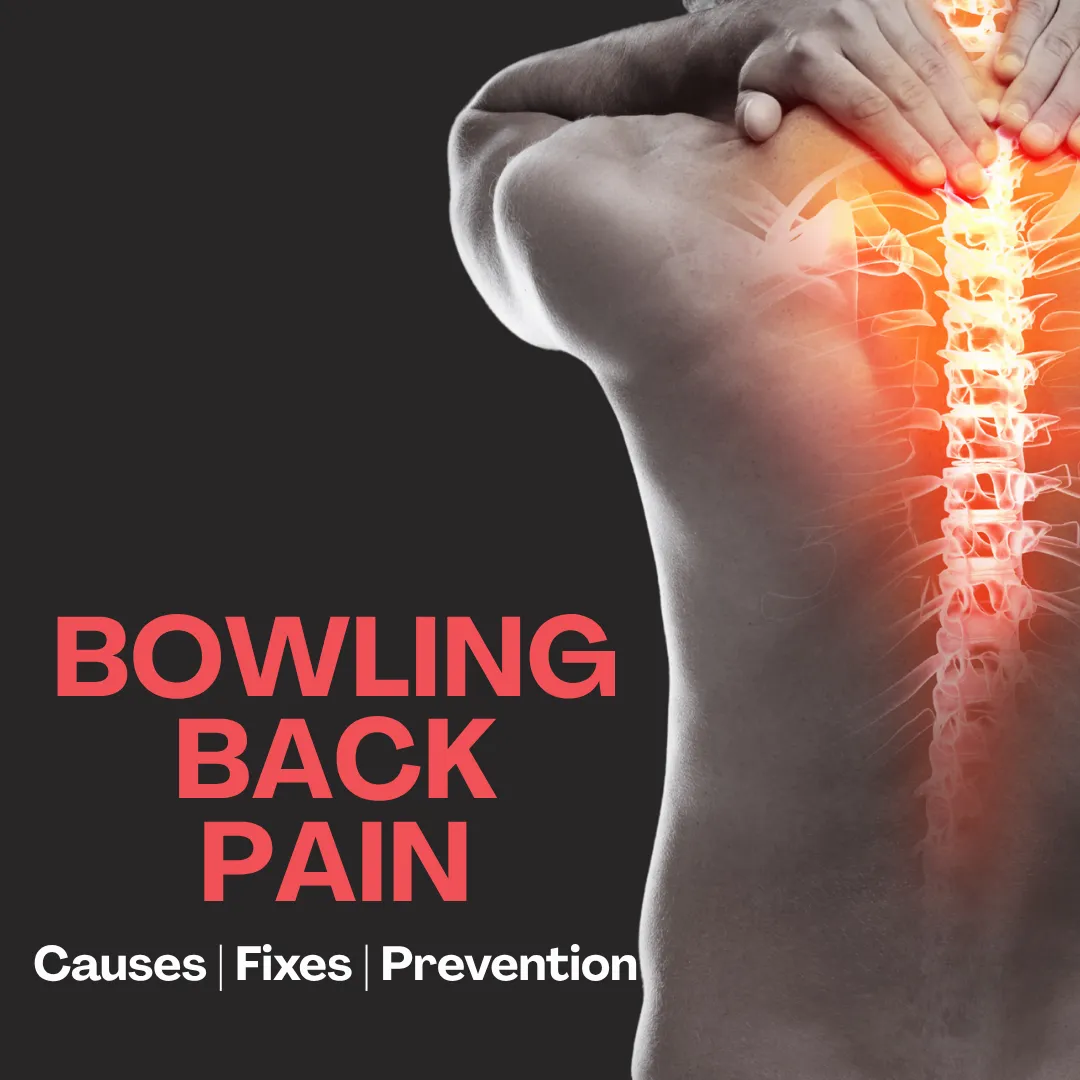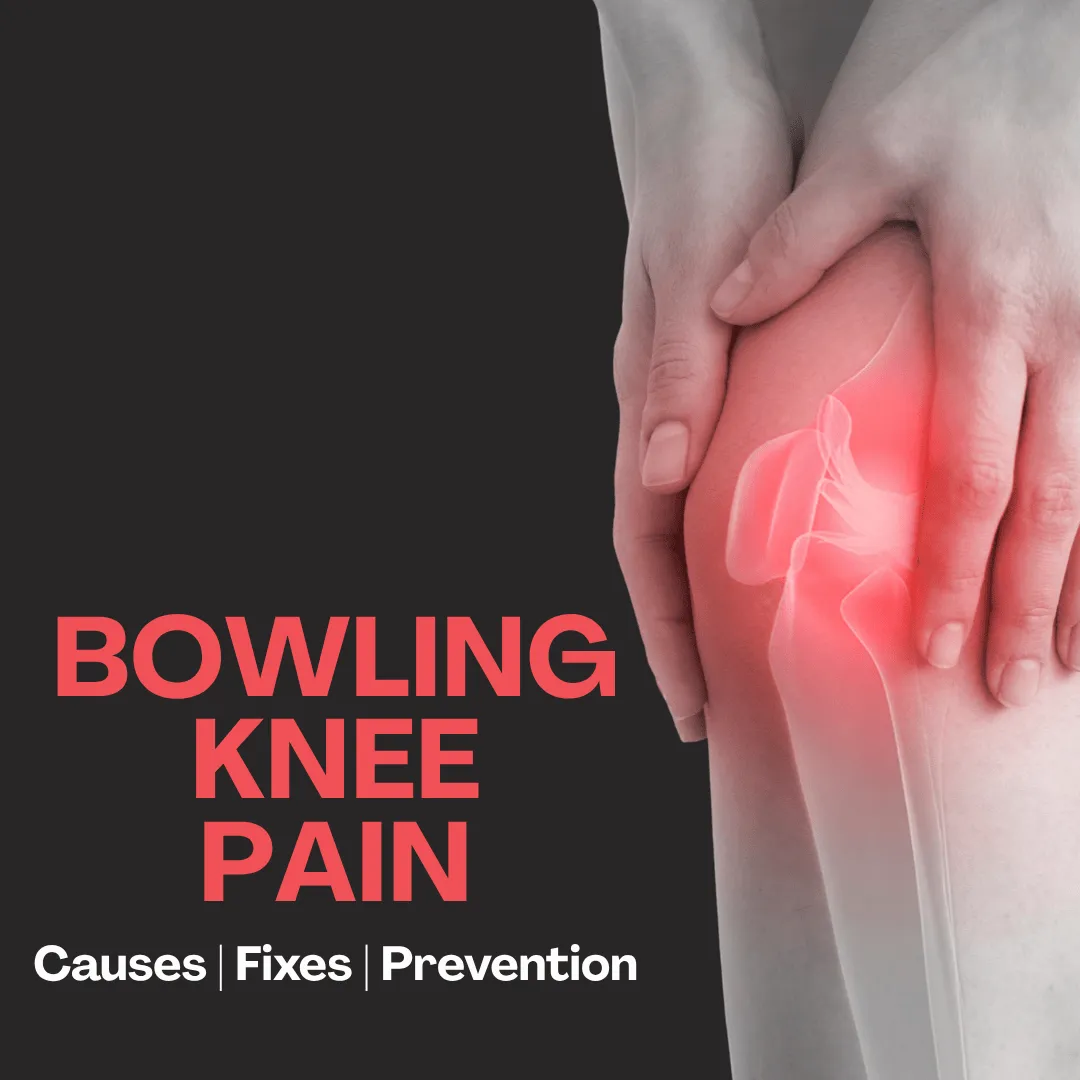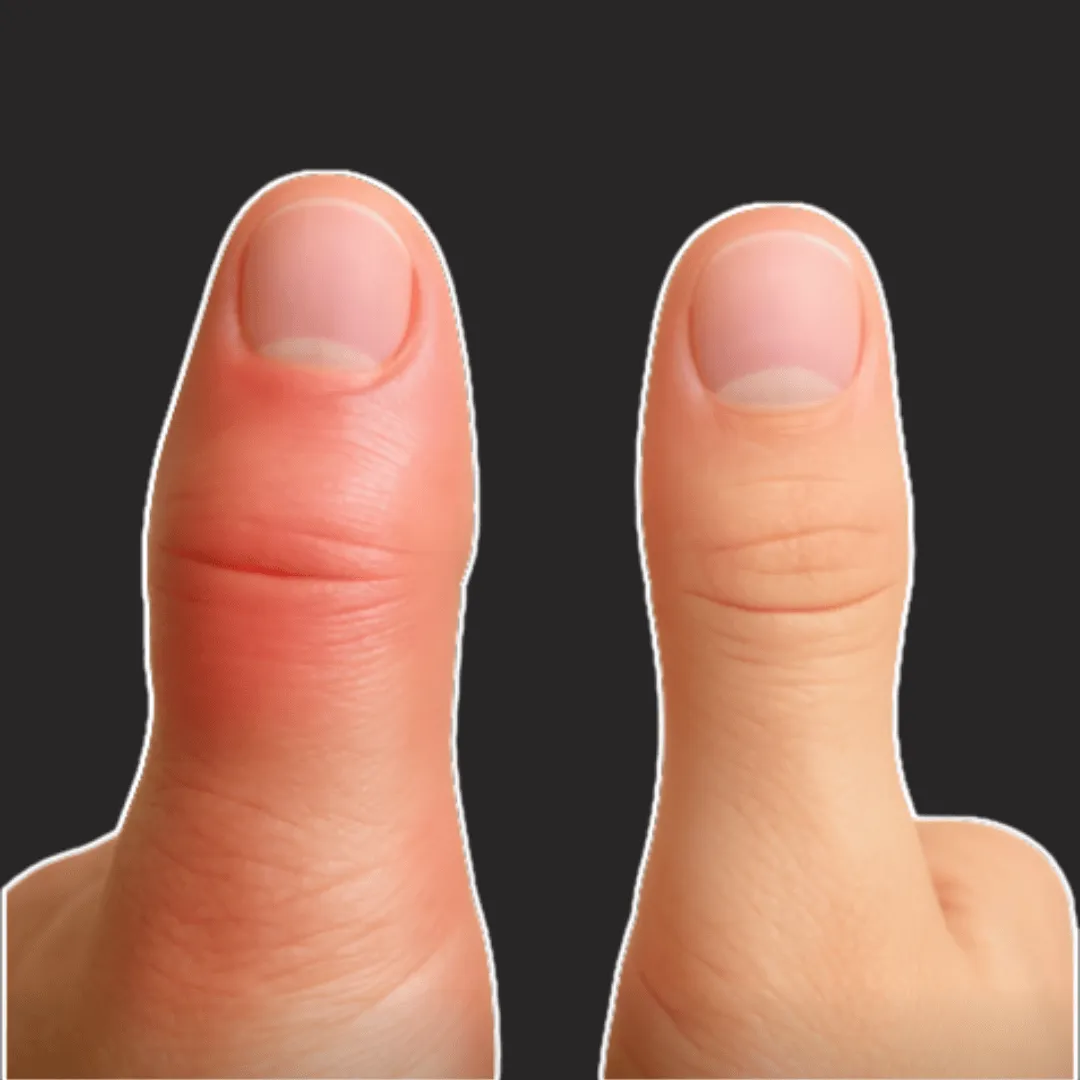Vitamins can help deliver a broad range of nutrient benefits you might not be getting from food over your lifetime. A proper diet can provide essential minerals and vitamins to promote sports performance by avoiding deficiencies and refueling your body.
Still, some vitamins or supplements can't be found in daily dietary, or their doses require to be more significant. We have discussed a balanced and rational diet before, and now we will dive deeper into this topic.
This article offers insight into five vitamins and supplements that may help bowling to increase their performance by filling the gap between the essential nutrients you get from food and the vitamins and supplements your active lifestyle requires.
Please note that some links in this artice might be affiliate links.
Vitamin B12
Every bowler must pay the greatest attention to taking a daily dose of vitamin B12 since the body cannot make it independently. Every cell in the body depends on vitamin B12 since it plays a role in synthesizing fatty acids and producing energy, making it a critical vitamin for athletic performance.
Because B12 is found mainly in animal foods, vegetarian and vegan athletes are at risk of becoming deficient.
Vitamin C
Athletes have used vitamin C for a long time to enhance performance and decrease fatigue. The main ways that vitamin C can improve athletic performance is by reducing inflammation, stress hormones, and oxidative stress. In addition, vitamin C is necessary for immune health, so bowlers must take vitamin C because it can help prevent or shorten the duration of common colds and respiratory infections, meaning less training time is lost due to sickness. Vitamin C also plays a significant role in helping iron absorption, which is essential for an athlete's circulatory system.
Magnesium and Potassium
Magnesium helps to maintain normal psychological activity and muscle function, helps to reduce fatigue and maintains normal bone condition. At the same time, potassium keeps blood pressure in check. They both help to prevent muscle cramps, which are very common and annoying. Magnesium and potassium go foot-to-foot in your body. That is why we marked them together. For example, magnesium deficiency in athletes is directly related to the ongoing loss of potassium from the kidneys via urine. Even a slight excessive loss of these supplements through sweat and urine may harm performance and increase oxidative stress effects on the body.
Creatine
Studies show that creatine supplementation increases lean muscle mass and strength when athlete supplements it with training. Supplementing with creatine may give the muscles additional energy, endurance, and post-workout recovery. It is especially crucial in long tournaments or bowling league days. Creatine supplements which also contain caffeine, taurine, and amino acids, help athletes to feel more focused.
Protein
Protein is a building material for your muscles. Adding additional protein into your daily diet may help ensure essential amino acids, such as leucine, to support your recovery process. In bowling, it is recommended to use protein after training or competition, as well as with a longer gap between games, because their absorption takes longer.
Male and female athletes use similar supplements, with women taking more iron and men taking more protein and creatine.
More and more bowling professionals have begun to pay great attention to their nutrition at home and during competitions. Insufficient diet gives an advantage to your opponent, and you don't want that, do you? Bowling is an endurance sport, and a rich diet is one of the major components to get you where you ultimately want to be - the Olympus of bowling sport.
